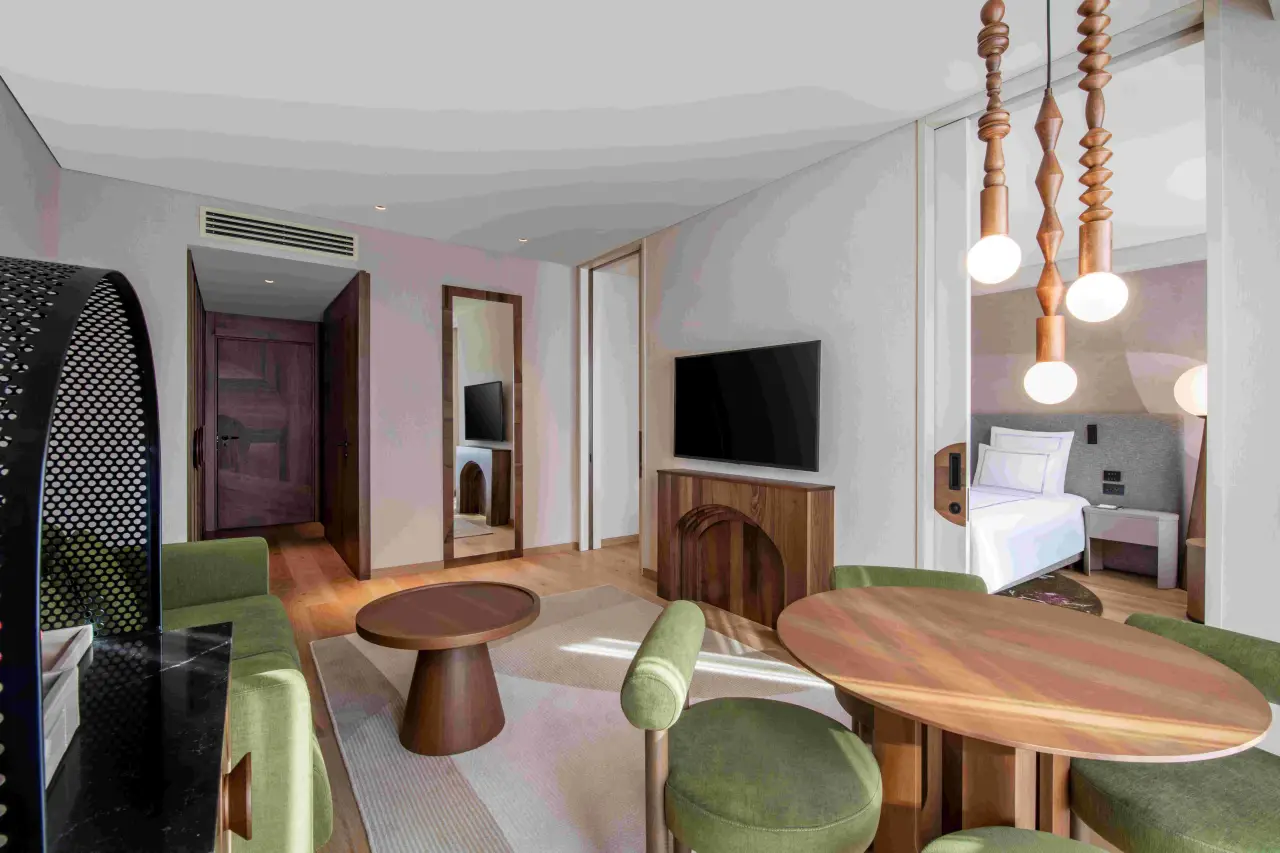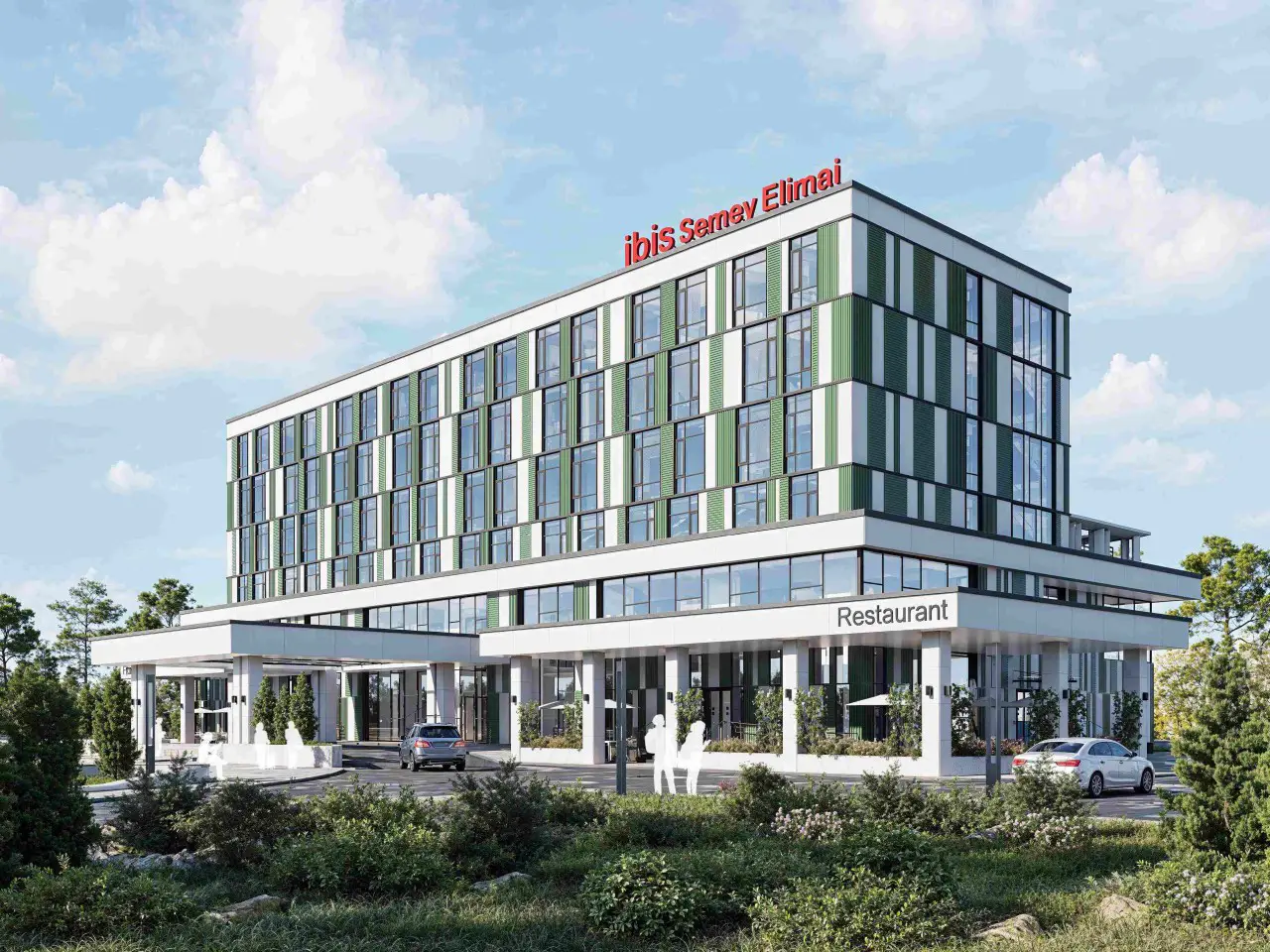Accor’s recent Masters of Travel advisory board meeting assembled a high-profile delegation of industry frontrunners from diverse sectors such as technology, law, energy, engineering, and pharmaceuticals in Brussels.
The conference’s primary agenda was to formulate a vision for the future of business travel and corporate meetings in a post-pandemic world. As part of this mission, the delegates meticulously scrutinized the true worth of travel, weighing it against the environmental, social, and governance (ESG) demands it generates. The insights and conclusions from this thought-provoking gathering are compiled in Accor’s newly released Business of Travel report, which offers novel European and global data on business travel.
The meeting addressed the resurging demand for business travel, with an emphasis on the concept of ‘Purposeful Travel.’ This policy highlights the balance that must be achieved between fulfilling business necessities and complying with social and environmental considerations. The current data indicates that business travel spending has only dropped 24% from the pre-pandemic levels of 2019, with forecasts predicting a return to normal by 2024. As per Accor’s recent global business travel survey, 57% of respondents expect an increase in their travel budget in 2024 compared to 2023. In 2024, ‘traveller experience’ is predicted to be the second most important consideration after cost-saving, according to the same group of corporates.
Saskia Gentil, SVP Sales, Europe & North Africa at Accor, reflected on the conference’s implications, “Masters of Travel presents an insightful analysis of the current status of business travel. We are in a time of significant transition and reevaluation for the industry. However, one thing is certain, after a period of downtime, delegates are keen to get back on the move.”
Gentil’s observation underscores the value of in-person interactions in the professional realm, with estimates suggesting a 25% increase in revenue when meetings occur face-to-face. Moreover, the importance of personal interaction extends beyond fiscal considerations to encompass mental health and job satisfaction.
The conference also underscored the heightened awareness about environmental matters. A recent survey conducted by Accor revealed that 54% of their corporate clients place carbon emissions at the top of their Corporate Social Responsibility (CSR) agenda. This has resulted in ‘supplier sustainability performance for 2024 hotel sourcing and selection’ emerging as a crucial factor in their booking decisions.
Further discussions at the meeting revealed a growing trend of ‘bleisure’ travel – combining business with leisure. The trend, though still nascent, is increasingly recognized by delegates and their employees. An Accor survey revealed that 67% of clients extended their business trips in 2022, highlighting the growing acceptance of this trend.
Accor, as a leading hospitality group, is determined to adapt to the swiftly evolving landscape of corporate travel. The group aims to provide an authentic, holistic wellness experience to its guests. Emlyn Brown, global senior vice president of well-being at Accor, commented, “Our ability to deliver an authentic, holistic, and highly considered wellness offering is vital.”
Accor’s Masters of Travel advisory board meeting offers critical insights into the future of corporate travel. With increasing focus on wellness, sustainability, and a blend of leisure and business, the landscape of corporate travel is set for an interesting evolution in the post-pandemic world.












